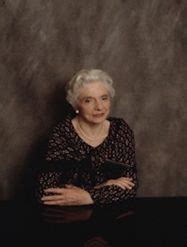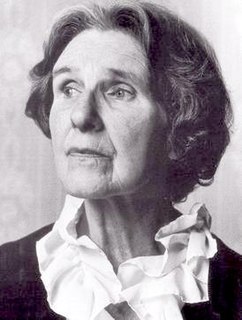A Quote by Laura Z. Hobson
I've told youngsters not to write their autobiographical novel at the age of twenty-one; to save it for the time when they're fifty-one or sixty-one. They should write other novels first, to learn their craft; they shouldn't cut their teeth on the valuable material of childhood because they'll never have better material, ever, to work with.
Related Quotes
Why do I like to write short stories? Well, I certainly didn't intend to. I was going to write a novel. And still! I still come up with ideas for novels. And I even start novels. But something happens to them. They break up. I look at what I really want to do with the material, and it never turns out to be a novel.
My writing is of a very different kind from anything I've heard about. All this mythological material is out there, a big gathering of stuff, and I have been reading it for some forty- or fifty-odd years. There are various ways of handling that. The most common is to put the material together and publish a scholarly book about it. But when I'm writing, I try to get a sense of an experiential relationship to the material. In fact, I can't write unless that happens ... I don't write unless the stuff is really working on me, and my selection of material depends on what works.
No writer, I believe, should attempt a novel before he is thirty, and not then unless he has been hopelessly and helplessly involved in life. For the writer who goes out to find material for a novel, as a fishermen goes out to sea to fish, will certainly not write a good novel. Life has to be lived thoughtlessly, unconsciously, at full tilt and for no purpose except its own sake before it becomes, eventually, good material for a novel.
I always write a draft version of the novel in which I try to develop, not the story, not the plot, but the possibilities of the plot. I write without thinking much, trying to overcome all kinds of self-criticism, without stopping, without giving any consideration to the style or structure of the novel, only putting down on paper everything that can be used as raw material, very crude material for later development in the story.
There's a lot of material from my life in my books, but they're not really autobiographical, in the sense that they're not about my life. So, in 'A Feather on the Breath of God' I write about my parents, I write about this Russian immigrant, I write about the world of dance, but it isn't an autobiography; so much is left out.
The age of the book is not over. No way... But maybe the age of some books is over. People say to me sometimes 'Steve, are you ever going to write a straight novel, a serious novel' and by that they mean a novel about college professors who are having impotence problems or something like that. And I have to say those things just don't interest me. Why? I don't know. But it took me about twenty years to get over that question, and not be kind of ashamed about what I do, of the books I write.





































